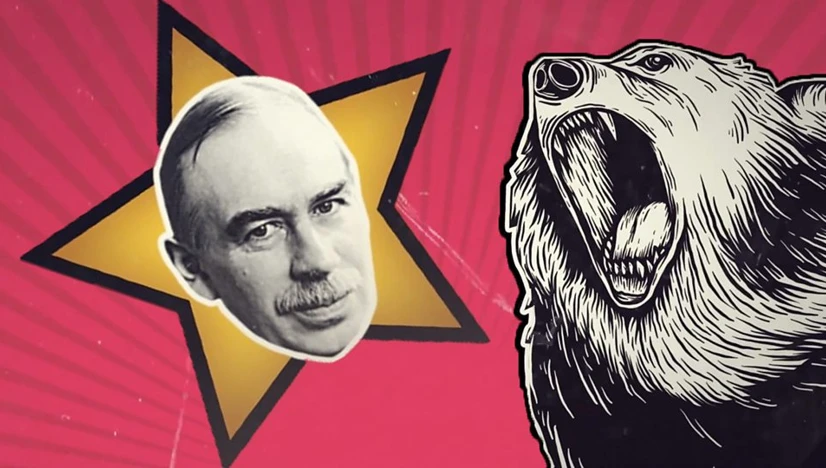Keynesianism: The Story Behind This Key Economic Theory
BBC, 2018
In this video, The Economist's Anne McElvoy briefly introduces Keynesianism, the historical context leading up to Keynes’s publication of his opus magnum, "The General Theory of Employment, Interest, and Money", the emergence of Keynesianism as an economic policy and its relevance in present times. Short and concise, it captures the gist of the Keynesian argument – the role of government, spending, and aggregate demand in the economy.
Comment from our editors:
In collaboration with The Open University, the BBC creates short introductory videos called "An A-Z of -isms". A 3 minute long video can only capture so much of any given topic or idea, of course, yet this video highlights all the key arguments of Keynes' in his General Theory. Presented in an accessible language, the video is a good introduction for students of economics and the interested public alike.
Go to: Keynesianism: The Story Behind This Key Economic Theory

